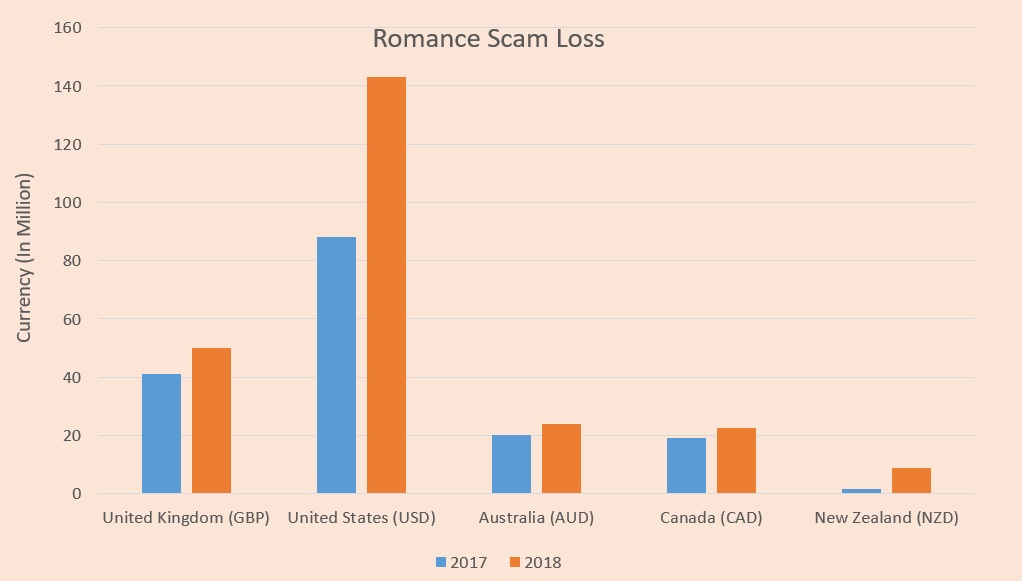




对不起,此内容只适用于美式英文。
A wave of protests, triggered by the in-app advertising featuring in Talking Friends Cartoons encouraged parents to become more cautious about the iPhone apps their children use.
Parenting groups actively warn parents to pay more attention towards the iPhone and iPad usage by their children, as this can result in large telephone bills, generated by children who were incentivised by the in-app advertisements.
The app developers constantly have challenges to face: previously it were costly in-app purchases placed in the most common children’s apps and now – in-app adverts. The most recent “immoral” iPhone in-app advertisement encouraged children to sign up to a £208 (per year) subscription service.
Well-known children’s cartoon, featuring Talking Tom Cat and Talking Lila the Fairy became the basis for the Talking Friends app, which then, respectively, motivated smart phones developers, like iPhone, iPad and Android to develop the Talking Friends Cartoon app for their electronic devices. It is a cost-free app, allowing users to expand their knowledge of the favourite characters, download cartoon’s wallpapers and, moreover, view short cartoons developed in co-operation with Disney. However, apart from that app users were exposed to the banner at the bottom of the screen, that, if linked, transferred them to a quiz, advertised by a firm called Yamoja, encouraging to participate in it and get a chance to win a 64GB iPad.
To participate in the contest clients had to subscribe, paying a weekly fee of £4, for which in turn they got sent 4 weekly messages like “funtones, wallpapers, games, celeb news & more”.
Stuart Dredge, famous for his remarks about Apps, posted a comment on such adverts in his Apps Playground blog: “What an advert that tries to sign you up to a £4-a-week mobile content subscription was doing inside this app is genuinely beyond me.”
The application was cleared from the app, but a different expensive inbuilt app has been recently introduced by National Geographic.
A lot of discussions appeared after the launch of Dino Land app in the middle of February 2013 since it offered the clients to purchase additional virtual “bones” for total sum of £69.99, which allowed rising the pace of the game. The offer seemed particularly alluring for children who could not wait to finish the game and were eager to accelerate this process.
Dino add provides series of apps for children such as Playmobil Pirates, Coin Dozer and Racing Penguin that include inbuilt offers with costly extras. Websites for parents reveal the raising numbers of cases when parents received bills of £500 or even larger amounts because of their children buying add-ons offered in a game while playing, and suggest the parents disabling any acquisitions through the apps.
CEO and co-founder of Mumsnet Justine Roberts said: “App-developers need to build in greater controls from the start – it’s shocking that a few click-throughs from an advert can lead to a £200 cost for unknowing parents, and it shows just how important it is to keep an eye on your child’s device settings.”
Founder of website for parents Netmums Siobhan Freegard commented: “Few people mind a couple of targeted ads which are relevant to the app service, as they realise it’s the price to pay for the ‘free’ app. But bombarding children using free apps with expensive products and services they can unwittingly sign up to a couple of clicks is immoral.”
Tellows highly recommend parents to pay more attention on apps your children are using to avoid such cases.
Kind regards,
Team Tellows




